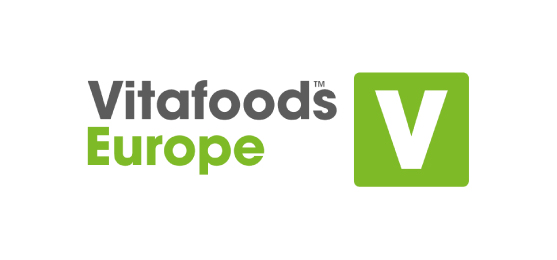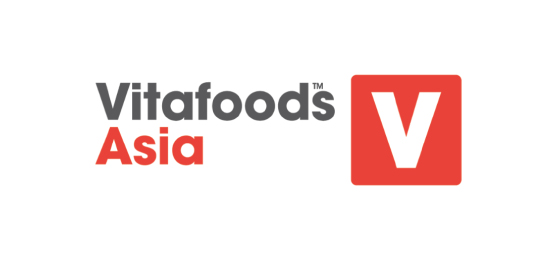Tradeshows & Events
At Gnosis, we meet our customers & partners at the main Events & Tradeshows of Nutraceutical, Pharmaceutical and Food & Beverage Markets.
Meet us to discover and know our solutions better, start a partnership, and much more.
SupplySide West, SupplySide East, Vitafoods Europe, Vitafoods Asia, NBJ Summit... we are close to our future partners.

- EMEA
- May 06,2024 to May 17,2024
Join us at Vitafoods™ Europe
MAY 6-17, 2024 On-Line – MAY 14-16, 2024 In-Person
Vitafoods Europe is the world's most important nutraceutical event. Bringing together buyers, distributors, retailers and suppliers to do business and uncover high-quality, innovative dietary supplements and functional food and beverages, Vitafoods Europe is the perfect meeting point for the health and nutrition industry players.

- NORAM
- Aug 25,2024 to Aug 28,2024
Join us at Newtopia Now
25-28 AUGUST 2024 In-Person
Newtopia Now is the place where brands and changemakers are invited to co-create a more responsible, prosperous and regenerative marketplace.

- APAC
- Sep 18,2024 to Sep 20,2024
Join us at Vitafoods™ Asia
18-20 SEPTEMBER 2024 - Bangkok, Thailand
Vitafoods Asia sees a truly global audience across four sectors covering the entire nutraceutical supply chain, from beginning to end. Asia’s No.1 nutraceutical event connects over 250 international suppliers and 6,000+ business leaders who are looking to source the most innovative and highest quality nutraceutical ingredients, dietary supplements and services.

- NORAM
- Oct 30,2024 to Oct 31,2024
Join us at Supplyside® WEST
October 30-31, 2024 - Las Vegas, Nevada
SupplySide West is the premier gathering of health and nutrition professionals bringing buyers and suppliers together from throughout the industry. This event is all about science and strategy around the development of finished products driving global business economy.


